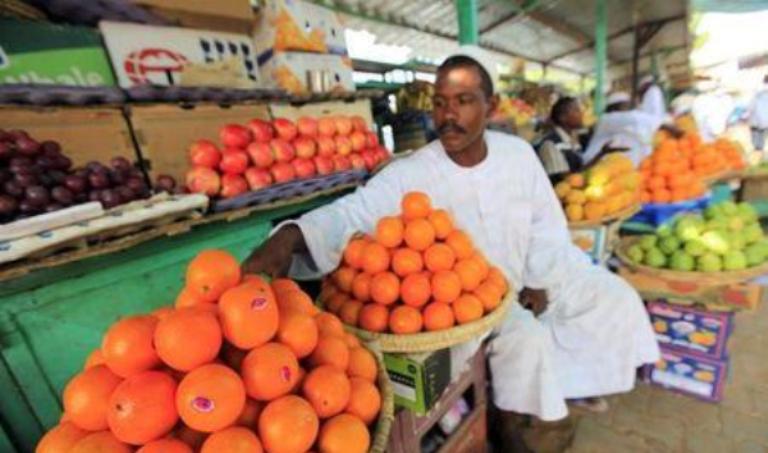Sudan’s economy won’t improve soon: expert

May 27, 2017 (KHARTOUM) – The Sudanese economic expert, Sidqi Kabalo, Saturday predicted that the deteriorating economic situation in the country will see no major improvement following the formation of the Government of National Concord (GNC).
On 11 May, First Vice President and Prime Minister Bakri Hassan Saleh announced the GNC including 31 ministers and 44 secretaries of state. The new government, which represents a large coalition led by the ruling National Congress Party of President Omer al-Bashir, was part of the recommendations of the national dialogue process.
Large segments of Sudanese society complain about the deteriorating living standards and high prices of major consumer goods while the government is unable to intervene to lower prices or stop the economic decline.
Kabalo told Sudan Tribune Saturday the improvement of the economic situation has nothing to do with the creation of the new government, referring to the newly appointed economic ministers.
“It has to do with the commercial capitalism which is highly linked to the foreign markets, especially in Asia and the Gulf States,” he said.
He pointed that inflation continued to rise since November 2016, saying the holy month of Ramadan, the Eid el-Fitr holiday and the new school year will put further inflationary pressure on the economy.
“All these pressures will push inflation to its highest level even in the normal circumstances,” he added.
Prices of goods and services have soared in Sudan since South Sudan seceded in 2011, taking with it three-quarters of the country’s oil output, the main source of foreign currency used to support the Sudanese pound.
The Sudanese pound has lost 100% of its value since South Sudan’s secession, pushing inflation rates to record levels given that country imports most of its food.
Last April, Sudan’s inflation rose for the twelfth month and reached 34,81 due to continued increase in food and energy prices.
(ST)
